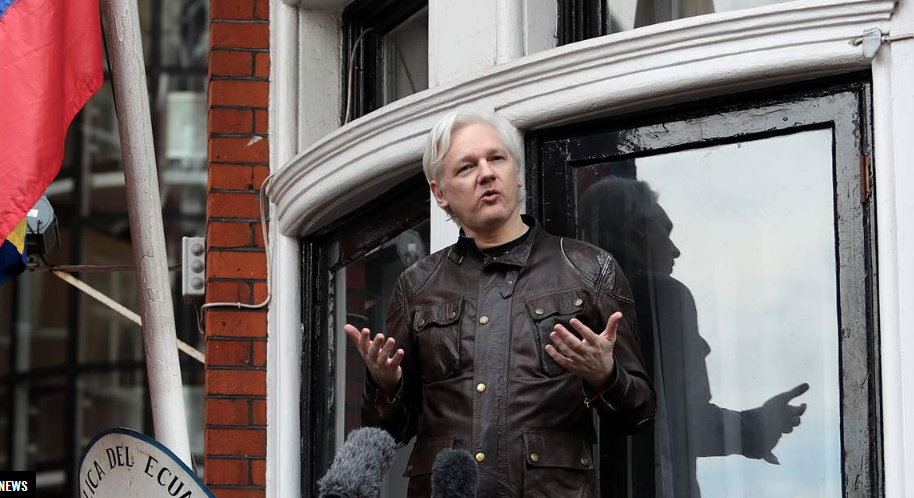Ahead of tomorrow’s application by Julian Assange‘s lawyers calling for bail on the grounds that he is in imminent danger from COVID-19 spreading through the prison population, Massimo Moratti, Amnesty International’s Europe Deputy Director of Research, said:
“In light of the COVID-19 crisis, UK authorities should urgently consider releasing some people who are currently in detention or prison, especially those who are more at risk from the virus. Julian’s Assange’s claim of being vulnerable to COVID-19 must be rigorously examined.
“Those with underlying medical conditions and the elderly should be immediately considered for alternatives to detention if they do not pose a threat to themselves or society, and there should be a presumption of release for people charged with a crime and awaiting trial.
“The government should also consider amending sentencing guidelines to recommend non-custodial measures for people who have been convicted of lesser criminal offences.
“Decreasing the prison population and the number of people in detention centres is a crucial means of slowing the spread of COVID-19 and keeping people safe. If Julian Assange is shown to have an underlying condition that puts him at risk, he should be immediately released on bail, as should any detainees and prisoners at such risk who does not pose a risk to society.
“For those who remain in detention or prison the UK must provide a standard of healthcare that meets each person’s individual needs and ensures the maximum possible protection against the spread of COVID-19.”
For more information or to arrange an interview contact Lucy Scholey, Media Relations, Amnesty International Canada (English branch), 613-853-2142, lscholey@amnesty.ca
Background
The general provision of health care for prisoners is a state responsibility. Prisoners should enjoy the same standards of health care that are available in the community, including when it comes to testing, prevention and treatment of COVID-19.
Conditions in UK prisons and detention centres are substandard. It is imperative that health and safety protocols are put in place to effectively ward off harm while ensuring that prisoners’ and detainees’ rights are protected.













